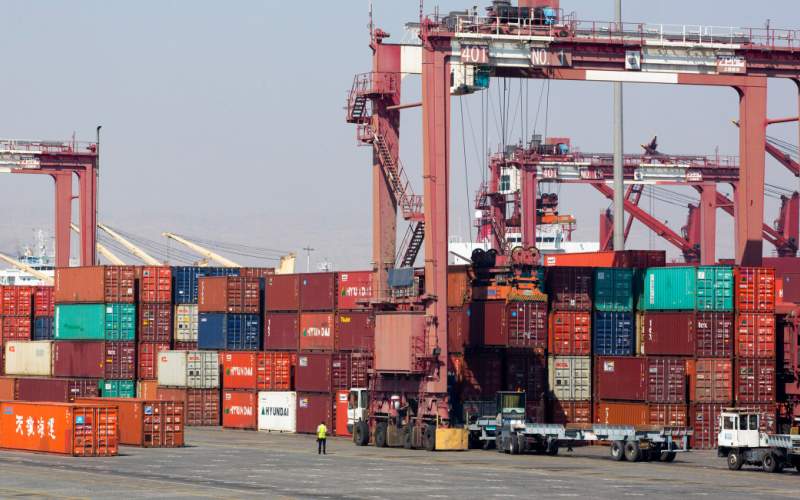The Iran Project
: Iranian Trade Promotion Organization reported that pistachio stands first at the list of Iran’s exports to the Eurasian countries.
Monday 1 January 2024 - 17:32
Story Code : 410602
Source : The Iran Project
Pistachio, major Iranian export item to Eurasia
According to the report, pistachio with fresh shell, wheat, and animal corn are three top in the list of exports and imports respectively.
Iran has exported $78, $62, and $43 million worth of pistachios, polystyrene, and ferrous-steel products respectively to Eurasia.
Also, the report says Iran has imported $465 and $149 million worth of normal wheat and animal corn respectively from the member states of the union.
Earlier, this is while Mehr news agency reported that the value of trade exchanges between Iran and the Eurasian Economic Union (EAEU) in the first seven months of the current Iranian calendar year (March 21 to October 22) reached $4.258 billion.
Iran exported 2,414,542 tons of products, valued at $921,849,000, to the EAEU member states in the first seven months of the current Persian year, showing a 48 and 22 percent growth in weight and value respectively compared to last year’s corresponding period.
Most of Iran’s exports to the EAEU were sent to the Russian Federation and the Republic of Kyrgyzstan, registering a 30 and 20 percent growth respectively compared to the last year’s corresponding period.
In this period, Iran exported over $532 million and more than $40 million worth of goods to Russia and Kyrgyzstan respectively.
On Monday (Dec. 25) Iran and the Eurasian Economic Union (EAEU) inked a major agreement to start free trade some six years after Tehran joined the bloc in the Russian city of Saint Petersburg.
Tehran signed the accord in a bid to diversify its trade partners amid West crucial sanctions. Allying with a Russian-backed union is expected to bring a new regional trade order.
The FTA has allowed Iran and EAEU members to cut to zero the export and import tariffs for some 87% of the goods they trade, adding that trade for the remaining 13% of the commodities and goods will still be carried out under a tariff system.
It should be noted that Tehran the EAEU had inked a three-year preferential trade agreement (PTA) in 2019, some five years after Iran was invited to join the bloc.
Iran and the EAEU hope the FTA could enable them to increase their annual trade by nearly four times to some $20 billion within the next five to seven years.
Reporter : Fatemeh Khoshroo
# Tags











